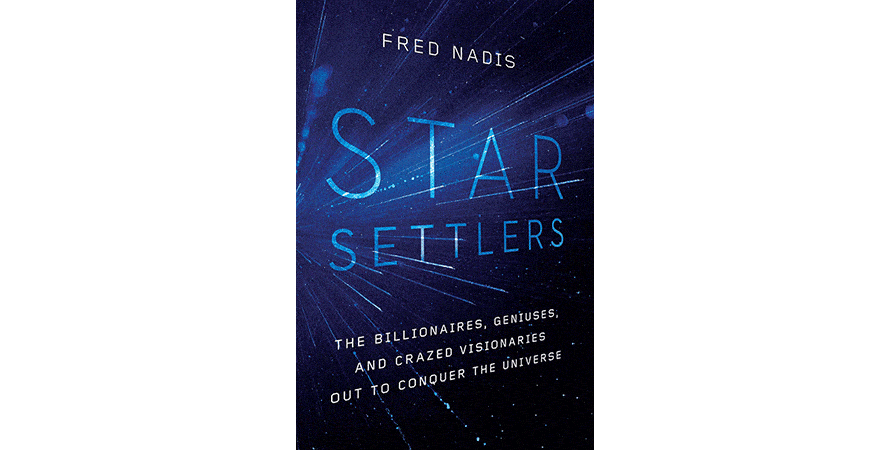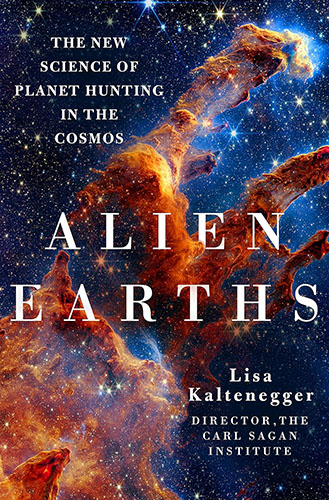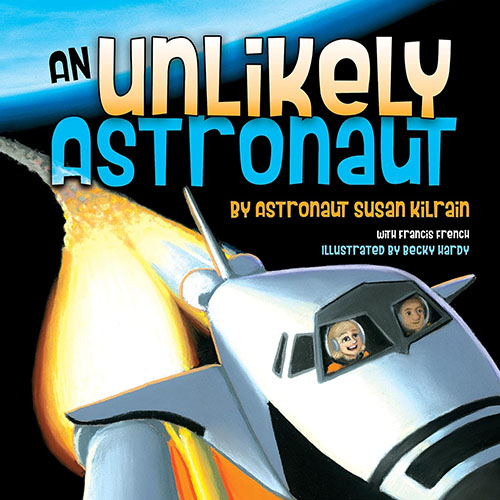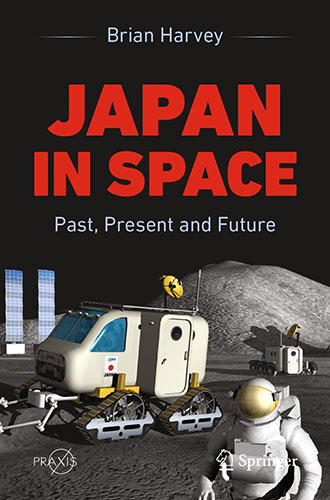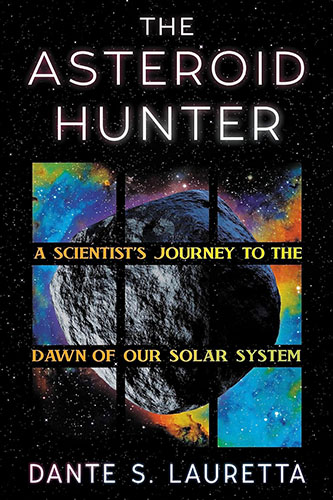Category: Nonfiction
Reviewed by: Dale Skran
Title: Star Settlers: The Billionaires, Geniuses, and Crazed Visionaries out to Conquer the Universe
Author: Fred Nadis
NSS Amazon link for this book
Format: Hardcover/Kindle/Audio
Pages: 288
Publisher: Pegasus Books
Date: August, 2020
Retail Price: $27.95/$18.99/$22.04
ISBN: 978-1643134482
The subtitle of this book could be “A Writer Lavishes Faint Praise on Space Settlement.”
I was all set to write a rather scathing review of Star Settlers when in Chapter Eight, “The Moon,” I noticed my name in the middle of the page. This doesn’t usually happen when I’m reading most books, so I was taken aback. Then I recalled that Fred had done an email interview with me some years back. Unlike the typical case, where the writer selectively picks out fragments to make the speaker look foolish, Fred quoted me at length, and used that as a foundation to further some points he was making. This left me with a terrible dilemma: How can I review the book now?
What makes it worse is that Nadis is an excellent writer—the prose flows easily off the page and into your mind. I call this “transparent writing”—writing so lucid you don’t feel like you are reading, but that the ideas are zipping directly into your brain. Adding to my problems is that Nadis is a science fiction fan, and does a good job of putting space settlement in a larger background of science fiction, both historical and recent. Although a long time SF fan myself, I picked up a good number of interesting science fiction tidbits as I read Star Settlers. Finally, Nadis has done extensive personal research to support the book, including journeys to interesting places and interviews with long-time but little-known space settlement advocates like Peter Kokh, editor of the Moon Miner’s Manifesto and distinguished NSS leader.
After all these good things, why was I going to write a “scathing” review? Although Star Settlers gives a good historical sense of space settlement advocacy, the reader is fed too much SF and not enough science. No one reading this book will come away with a clear sense of why space settlement advocates want to settle space. In fact, the book emphasizes the “crazed” part of the title over and over again, creating the perception that most settlement advocates are at best fun-loving oddballs and at worst deluded religious visionaries or amoral SS officers.
With all the discussion of SF and cultic settlement advocates, after a while Star Settlers seems more and more like a hit piece than a serious discussion of space settlement. The focus lies on the weird religious ideas and personality clashes at Biosphere 2 rather than the significant progress the project achieved toward closed ecosystems. Tsiolkovsky comes over as a fervid dreamer converted to an icon of Communist propaganda rather than an authentic pioneer. O’Neill appears pale and weak, a failed physicist looking for relevance. And of course, Von Braun’s vast engineering achievements take second fiddle to his amorality and SS Career.
The chapter “Modern Conquerors of Mars” particularly falls short. Zubrin and Mars One get much of the spotlight, and perhaps half the chapter focuses on terraforming Mars, although this is clearly a very long-term project, perhaps better understood as being on the same timetable as interstellar travel. There is a romp through Musk’s career, but Nadis completely fails to convey the scope and depth of SpaceX’s impact. Strangely, we are told that “it was not until 2019 that Bezos indicated he shared the grand cosmist vision.” Given that Bezo’s interest in space settlement has been evident since his high school valedictorian speech and his leadership of the Princeton Chapter of Students for the Exploration and Development of Space, this statement, which is part of a pattern of slighting both Musk and Bezos, seems to reflect poor research.
Some chapters fare better than others. Notably, “The Moon” is more balanced and less snarky about those on display. “Going Interstellar” provides a reasonable introduction to different approaches to crossing the truly vast ocean, but suffers from “present day technology” myopia. Our current inability to solve engineering problems we didn’t even know about 50 years ago does not equate to the idea that they cannot be solved. Like many pundits, Nardis greatly underestimates the likely impact of even a few hundred years of progress in biotechnology. To bet that human will never master suspended animation (which many animals have mastered, tardigrades to an amazing degree), that we will never be able to re-create a human from DNA, and so on seems more a religious view than an informed position.
The book concludes with a visit to a Yuri’s night celebration, which has the effect of diminishing the seriousness of space settlement advocates, presenting them as child-like waifs dancing to new-age tunes wearing NASA jump suits and Star Trek uniforms.
In conclusion, Star Settlers is a good book only for an already well-informed space advocate to read. You will learn something—I certainly did, and you’ll find an excellent introduction to the tropes and ideas that can be used to diminish the idea of space settlement with faint praise. If you wonder why NSS insists that members wear business attire while visiting Congress, you’ll understand a lot better after reading this book. The simple truth is that many people think we are well-intentioned but mis-directed odd-balls looking for secular salvation.
Star Settlers is a terrible book to read as an introduction to the case for space settlement, or to find out about current trends in space. As Nadis retells things, space settlement springs from fuzzy new-age notions about “greening the universe” with only minor practical motivation. Space 2.0 by Rod Pyle would be a good place to start someone on learning about Elon Musk and “New Space.” Space Settlement: An Easier Way by Tom Marotta and Al Globus may be the best contemporary introduction to the case for space settlement, although it doesn’t cover everything, and is becoming increasingly dated by the rapid advances of SpaceX. An even better starting point might be the 2019 NSS Position Paper “How Space Technology Benefits the Earth.” Space settlement is tightly bound with the idea of using the resources of space to benefit humanity, but Star Settlers instead focuses on “cosmism” and other quirky religious notions.
The time is ripe for a truly modern restatement of the case for space settlement, supported by the tangible progress made by Musk, Bezos, and NASA, and informed by the best science about existential risks. Instead we have gotten the turgid anti-space settlement tome Dark Skies, and the whimsical but diminishing Star Settlers.
© 2020 Dale Skran
Please use the NSS Amazon Link for all your book and other purchases. It helps NSS and does not cost you a cent! Bookmark this link for ALL your Amazon shopping!

